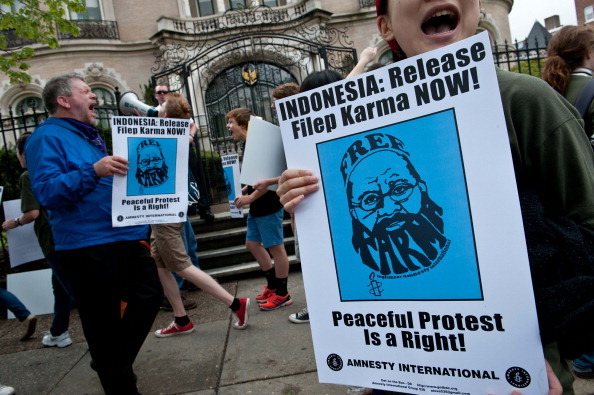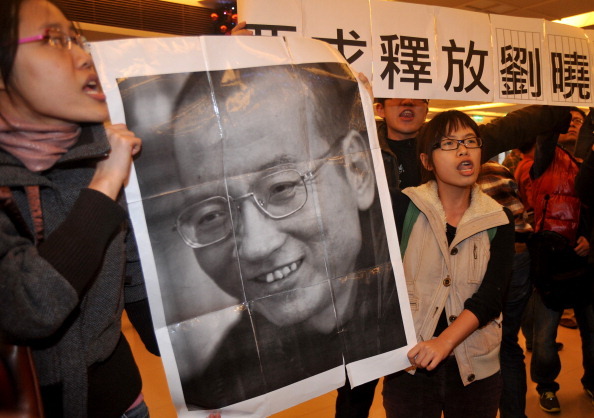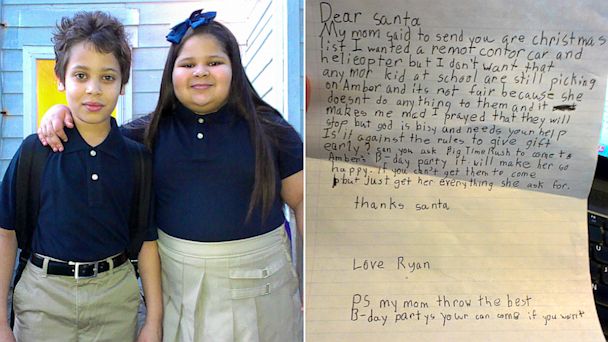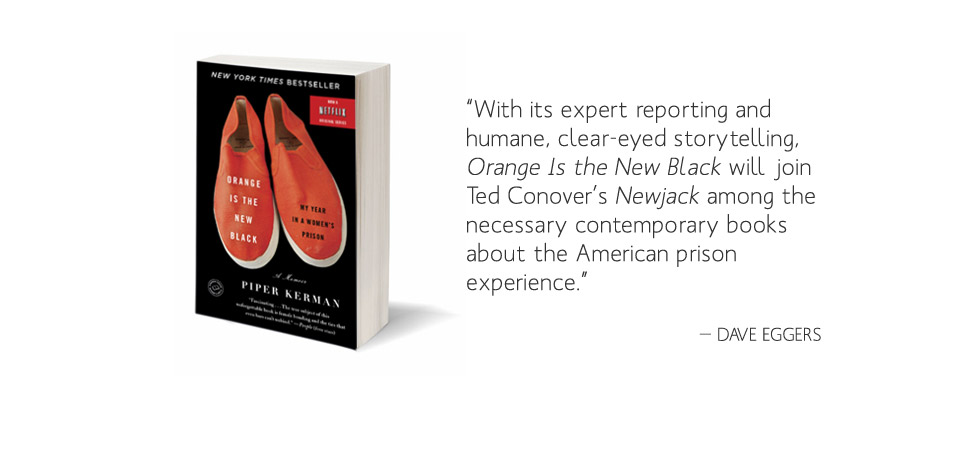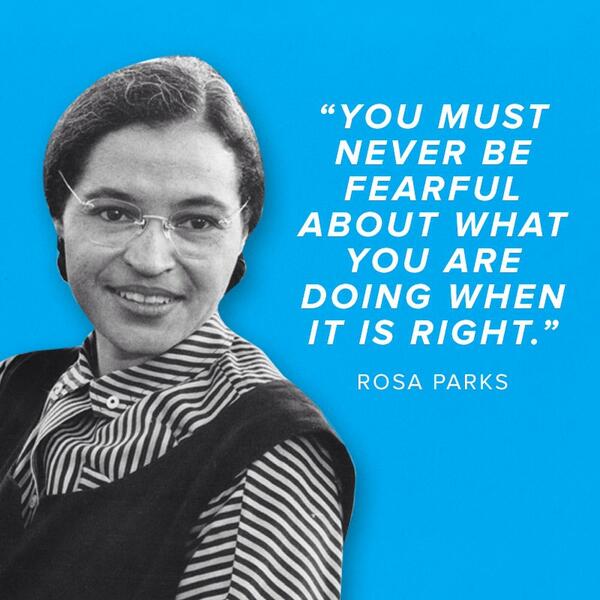One such activist, Sushmita Banerjee, was killed by the Taliban in September for speaking out.
 Like Harriet Beecher Stowe, Sushmita Banerjee took to writing to share a story. In 1995, she published A Kabuliwala's Bengali Wife, a memoir about her 1994 escape from Afghanistan and the Taliban regime. After being captured and interrogated by the Taliban, she was returned to her home of Calcutta where she wrote and published her memoir. The book was later made into a 2003 Bollywood film, Escape from Taliban, and Banerjee recently returned to Afghanistan to work as a health worker and film the lives of local women.
Like Harriet Beecher Stowe, Sushmita Banerjee took to writing to share a story. In 1995, she published A Kabuliwala's Bengali Wife, a memoir about her 1994 escape from Afghanistan and the Taliban regime. After being captured and interrogated by the Taliban, she was returned to her home of Calcutta where she wrote and published her memoir. The book was later made into a 2003 Bollywood film, Escape from Taliban, and Banerjee recently returned to Afghanistan to work as a health worker and film the lives of local women.Her effort to tell her story and speak out was not received well by Taliban militants, and in September of this year members of the political group stormed Banerjee's home, tied up her family, and shot her outside, leaving her body near a religious school. You may recall that the Taliban also attempted to take the life of education activist Malala Yousafzai in 2012.
.jpg) Tragic stories like Banerjee's connect with the message of Nicholas Kristof and Sheryl WuDunn's, who identify the oppression of women as the defining issue of our time. Authors of Half the Sky: Turning Oppression into Opportunity for Women Worldwide and winners of the 2011 inaugural Stowe Prize, Kristof and WuDunn work worldwide to end the oppression of women, empower women, and "provide concrete steps to fight these problems." Two websites, www.halfthesky.org and www.halftheskymovement.org share action steps and news about their work so that women like Sushmita Banerjee and Malala Yousafzai can use their voices and feel empowered, not endangered.
Tragic stories like Banerjee's connect with the message of Nicholas Kristof and Sheryl WuDunn's, who identify the oppression of women as the defining issue of our time. Authors of Half the Sky: Turning Oppression into Opportunity for Women Worldwide and winners of the 2011 inaugural Stowe Prize, Kristof and WuDunn work worldwide to end the oppression of women, empower women, and "provide concrete steps to fight these problems." Two websites, www.halfthesky.org and www.halftheskymovement.org share action steps and news about their work so that women like Sushmita Banerjee and Malala Yousafzai can use their voices and feel empowered, not endangered.For more about Sushmita Banerjee, be sure to read the BBC's "Indian diarist Sushmita Banerjee shot dead in Afghanistan." To learn more about Half the Sky, explore the two websites above and read our blog post from a 2011 Stowe Center program about the book. Copies of the book are available in the Stowe Center Museum Shop for $15.95.


